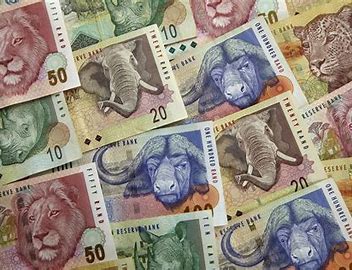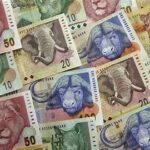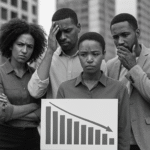In a game-changing step toward inclusive development, South Africa has signed a US$1.5 billion Development Policy Loan agreement with the World Bank to modernize infrastructure, boost energy reliability, and enhance freight transport.
The 16-year loan featuring a 3-year grace period and a competitive interest rate of SOFR plus 1.49% is designed to unlock infrastructure bottlenecks, foster job creation, and strengthen the country’s transition to a low-carbon economy.
“This partnership is not just about funding it’s about aligning financial tools with a national vision,” said a senior Treasury official. “We are investing in the structural backbone of our economy.”
The loan is structured around three central pillars: improving energy security, enhancing freight transport efficiency, and driving South Africa’s green transition.
These reforms are widely recognized as key to raising economic competitiveness and attracting much-needed private investment.
“This agreement reflects the World Bank’s commitment to helping South Africa build resilient infrastructure and generate inclusive growth,” a World Bank spokesperson shared.
“We are proud to support reforms that will uplift communities while promoting economic stability.”
According to the National Treasury, the favorable financial terms of this deal align with the country’s long-term debt strategy providing flexibility while safeguarding fiscal discipline.
The timing of this agreement couldn’t be more strategic. As global markets recalibrate for climate resilience and infrastructure expansion, South Africa is signaling its intent to lead from the front—not just with resources, but with reform.
Economic Impact
For South Africa, this loan has the potential to accelerate economic revitalization, reduce logistical inefficiencies, and increase energy capacity.
For global markets, it sets a precedent for policy-linked financing that balances fiscal prudence with developmental ambition.
It’s not just an injection of capital it’s a leap toward a more connected, efficient, and sustainable economy.
Read Also:South Africa Achieves Landmark Progress on FATF Greylisting – Jaina News
Africa’s Green Hydrogen Leap: A New Energy Era Begins – Jaina News
South Africa’s GDP Growth Slows, Stoking Economic Concerns – Jaina News









[…] Read Also: $1.5 Billion World Bank Deal Supercharges South Africa’s Growth – Jaina News […]
[…] $1.5 Billion World Bank Deal Supercharges South Africa’s Growth – Jaina News […]
[…] $1.5 Billion World Bank Deal Supercharges South Africa’s Growth – Jaina News […]